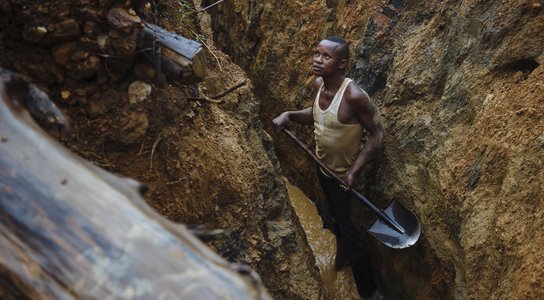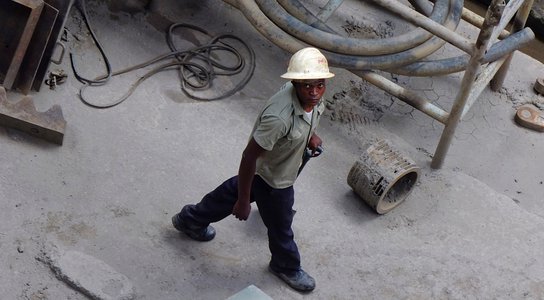The just concluded summit of the Forum on China-Africa Cooperation drew global attention, and there is widespread agreement that successful South-South cooperation mechanisms can promote mutual development, and enable the participating countries to better respond to global challenges. But that success is not coming easily.
African and Chinese leaders frequently speak of the need for stronger and deeper cooperation: expanding from the usual energy and infrastructure investment and trade deals into new sectors to bring growth for both partners and create a shared future. China and Africa have already agreed to work together on mid-to longterm goals including the Belt and Road Initiative, the UN 2030 Agenda for Sustainable Development and African growth and renewal.
The two sides could now deepen cooperation on the management and use of natural resources, and on environmental protection-with each contributing its strengths and achieving new breakthroughs in win-win development.
African nations are rich in natural resources, including land, minerals and oil, but there remains much room for improvement in their governance and efficiency. Thanks to more than two decades of research experience in Africa, and around the world, Global Witness has documented how mineral and other resources do not automatically bring wealth or development to a country or locality-rather, the prevalence of natural resources can lead to widening inequality, corruption and even conflict.
China itself has long been plagued by environmental problems-but has accumulated valuable technical and policy experience, making rapid progress in environmental governance, reducing emissions and responding to climate change.
Earlier this year President Xi Jinping called for the construction of an "ecological civilization" and for China to play a leading role in global environmental governance. If China could do so, by supporting African efforts to better manage natural resources and tackle environmental challenges, it would set an example for positive cooperation. To this end, the recent establishment of the China-Africa Environmental Cooperation Center to provide a platform for training, technical support and environmental policy dialogue is an encouraging development.
Resource deals in Africa can be inherently risky as many of the countries invested in have weak governance and poorly enforced or undefined rule of law. Consequently, any China-Africa cooperation on resources requires Chinese companies to operate with stringent anti-corruption safeguards, a major element of which should be enhanced transparency and accountability of the details of the project contracts and related financial payments.
China has already established dozens of policy guidelines for its overseas investment and trade including compliance with host country law, mutual beneficial cooperation, commitments to curb climate change and responsible environmental impacts. But adherence to the guidelines appears limited, pointing to the need for stronger incentives and greater understanding of the guidelines for operating companies.
Deeper China-Africa cooperation on resource and environmental management would not benefit Africa alone. It would also help China's economic transition and improve its global standing. Deeper China-Africa cooperation on resource governance can also draw on China's domestic experiences. And a key focus can be the concept of the "green supply chain", endorsed by the Chinese government, business and the public, involving the reduction of waste and pollution in the manufacturing chain.
The concept has not yet been applied to raw materials procured from outside China, though multiple harms associated with the extraction of those resources have been documented. Initial progress has been made by some sections of Chinese industry with the development of guidelines for mineral supply chains' due diligence. Ensuring green and responsible supply chains beyond China's borders would be a huge and innovative advance both for natural resource management in African nations and for China's leadership in global sustainable development efforts.
The article was originally published on China Daily.

